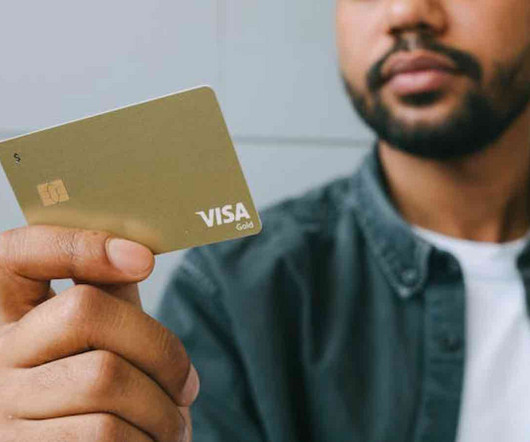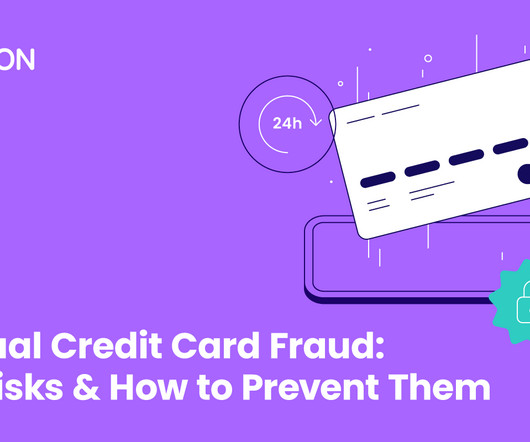PNC Bank Tests CNP Fraud Solution For Commercial Cards
PYMNTS
NOVEMBER 8, 2018
PNC Bank’s Treasury Management unit is testing a new solution to address card-not-present (CNP) fraud for commercial clients. 7) that it is piloting Dynamic CVV2 technology for commercial card customers. The company said in a press release Wednesday (Nov. “Almost all U.S. ” .












Let's personalize your content